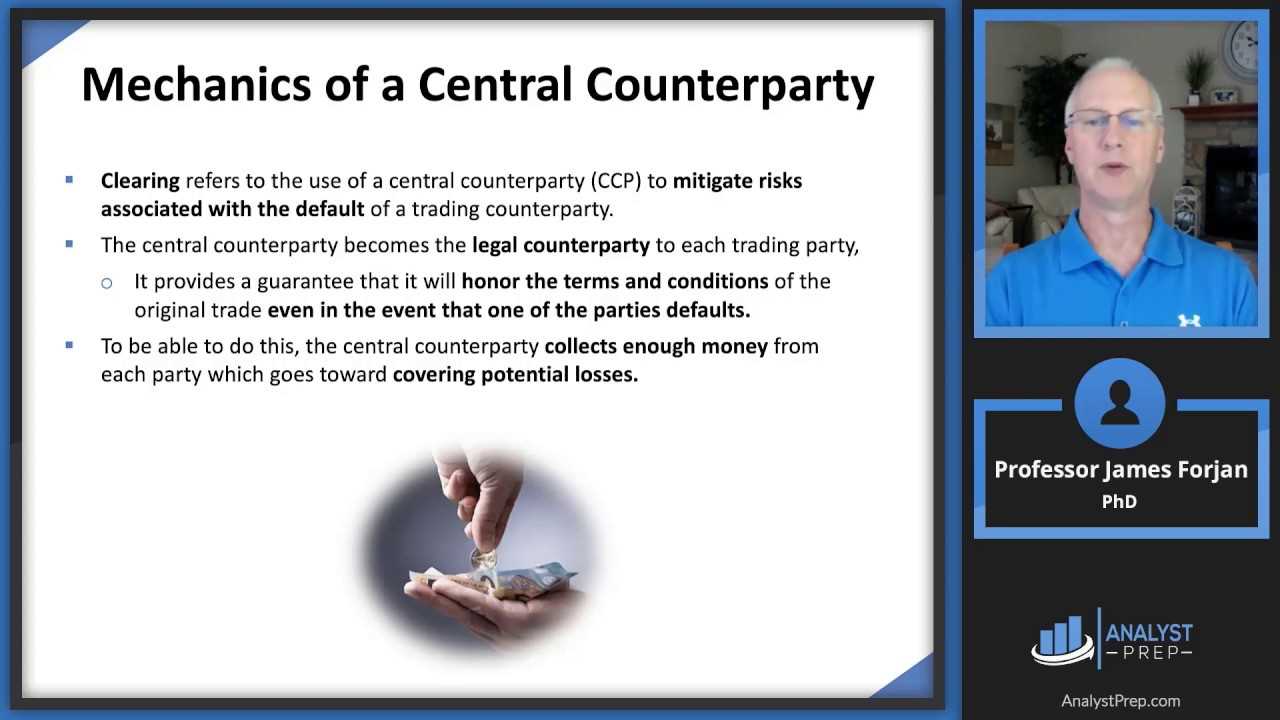What Is a Central Counterparty Clearing House (CCP) in Trading?

A Central Counterparty Clearing House (CCP) is a financial institution that acts as an intermediary in the trading of financial instruments, such as stocks, bonds, derivatives, and commodities. Its primary function is to ensure the smooth settlement of trades and manage the associated risks.
One of the key roles of a CCP is to provide clearing and settlement services. Clearing involves the validation, matching, and confirmation of trades, while settlement involves the transfer of ownership and the exchange of funds. By centralizing these processes, a CCP streamlines the trading process and reduces operational and systemic risks.
A CCP also plays a crucial role in managing risk. It establishes risk management frameworks and sets margin requirements to ensure that participants have sufficient collateral to cover potential losses. In the event of a default by a trading participant, the CCP steps in to manage the default process, including the closeout of positions and the allocation of losses.
Furthermore, a CCP enhances market transparency by providing real-time trade data and reporting. This information helps market participants make informed trading decisions and allows regulators to monitor market activity and detect any potential risks or misconduct.
In summary, a Central Counterparty Clearing House is a vital component of the financial markets. It acts as a trusted intermediary, ensuring the efficient and secure settlement of trades, managing risks, and promoting market transparency. Without CCPs, the trading process would be more fragmented and prone to counterparty and systemic risks.
A Central Counterparty Clearing House (CCP) plays a crucial role in the trading process by acting as an intermediary between buyers and sellers. Its primary function is to ensure the smooth and efficient settlement of trades, reducing counterparty risk and promoting market stability.
The CCP’s main responsibility is to guarantee the performance of trades, even in the event of a default by one of the parties. It does this by imposing stringent risk management measures, such as margin requirements and collateralization. These measures ensure that market participants have sufficient funds or assets to cover potential losses, reducing the likelihood of a systemic failure.
In addition to risk management, the CCP also facilitates the clearing and settlement process. It acts as a central hub for trade confirmation, netting, and the allocation of funds and securities. By consolidating these functions, the CCP streamlines the settlement process, reducing operational inefficiencies and costs.
Furthermore, the CCP promotes market transparency by providing real-time information on trades, positions, and collateral. This transparency enhances market integrity and allows participants to make informed decisions based on accurate and up-to-date data.
The establishment of a CCP also encourages market participation by reducing counterparty risk. Market participants can trade with confidence, knowing that the CCP will step in and ensure the completion of their transactions, even in volatile market conditions.

Emily Bibb simplifies finance through bestselling books and articles, bridging complex concepts for everyday understanding. Engaging audiences via social media, she shares insights for financial success. Active in seminars and philanthropy, Bibb aims to create a more financially informed society, driven by her passion for empowering others.
